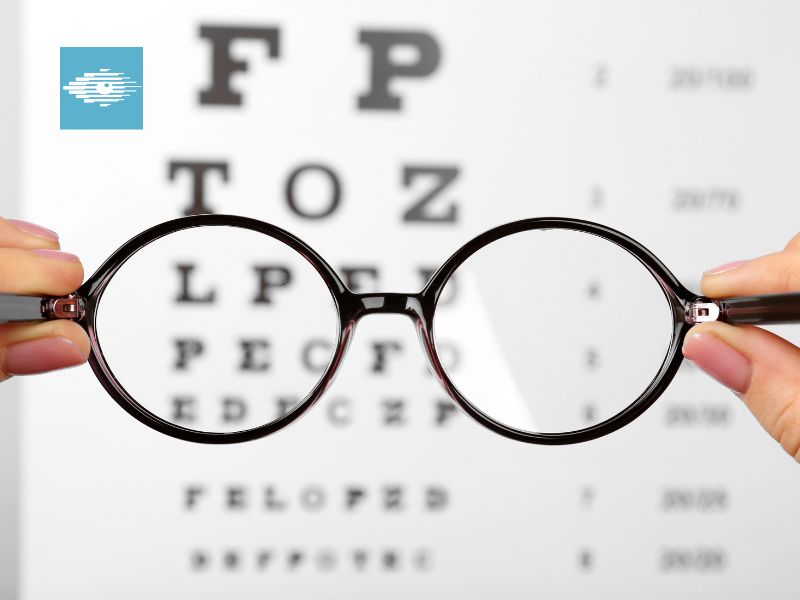What is the Role of Optometry?
Optometry is a foundational pillar of eye health, helping millions of people see clearly and protect their vision every day. From routine eye exams to diagnosing complex eye conditions, optometry services cover a broad range of activities that safeguard our most precious sensory organ. This post explores the essential role of optometry, what optometrists do, and why regular eye care matters for people of all ages.
Introduction: Why Vision Care Matters
Our eyes are our primary window to the world. Good vision supports learning, driving, work, and daily activities. Yet many people overlook routine eye health until they notice a problem. Optometry offers proactive screening, early detection, and effective management of vision issues and eye diseases. By understanding the scope of optometry services, you can prioritize regular checkups and maintain optimal eye health over a lifetime.
What Are Optometry Services?
Optometry services encompass a spectrum of eye care designed to assess, diagnose, treat, and monitor vision and eye health. Key components include:
- Comprehensive eye examinations
- refraction tests to determine prescription for glasses or contact lenses
- prescription and dispensing of eyewear
- contact lens evaluations and fittings
- binocular vision and pediatric eye care
- management of dry eye and ocular surface disorders
- screening for eye diseases such as glaucoma, cataracts, macular degeneration, and diabetic retinopathy
- vision therapy and rehabilitation in certain cases
- patient education and lifestyle advice for eye protection
These services are typically delivered by licensed optometrists, who work closely with ophthalmologists and other eye care professionals to coordinate care when a medical or surgical intervention is required. Regular optometry services help detect problems early, often before you notice symptoms.
The Role of the Optometrist
Optometrists are primary eye health professionals trained to provide non-surgical eye care. Their roles include:
- Conducting thorough eye exams to assess vision and eye health
- Prescribing corrective lenses (glasses and contact lenses)
- Diagnosing common and preventative eye conditions
- Monitoring chronic eye diseases and coordinating care with ophthalmologists when surgical intervention is needed
- Counseling patients on eye safety, nutrition, and healthy visual habits
- Providing vision therapy for specific binocular vision disorders and learning-related vision issues
Unlike ophthalmologists, who are medical doctors capable of performing eye surgery, optometrists focus on comprehensive eye care and corrective lenses. This distinction is important for understanding the scope of optometry services and when to seek a referral for medical or surgical treatment.
Why Regular Eye Exams Matter
Regular eye exams are about more than updating a prescription. They are preventive health checks that can reveal broader health issues. Some reasons to schedule routine optometry services include:
- Detecting refractive errors (nearsightedness, farsightedness, astigmatism) that affect daily functioning
- Early detection of eye diseases that may not present obvious symptoms in early stages
- Monitoring changes in vision related to age, diabetes, hypertension, or other systemic conditions
- Ensuring children have the proper visual development for reading and learning
- Updating prescriptions to maintain clear, comfortable vision
The frequency of exams varies by age, risk factors, and existing eye conditions, but many adults benefit from a yearly or biennial check, and children often require more frequent evaluations.
Optometry Services in Everyday Life
Access to quality optometry services influences daily life in multiple ways:
- Workplace performance: Clear vision reduces errors and fatigue, improving productivity.
- Education: Students rely on sharp vision for reading and classroom activities.
- Safety: Accurate vision is crucial for driving, sports, and outdoor activities.
- Comfort: Corrective lenses and dry eye management can alleviate headaches and eye strain.
Optometry clinics also provide education on lighting, screen time, and ergonomic practices to protect visual comfort in a digital world. By tailoring recommendations to your lifestyle, optometrists help you maintain optimal vision with practical, real-world advice.
When to Seek Urgent Eye Care
While many eye concerns are manageable through routine optometry services, certain symptoms require urgent attention. Seek immediate care if you experience:
- Sudden vision loss or a curtain-like shadow over part of your vision
- Severe eye pain, redness, or injury
- Flashing lights or new floaters accompanied by a sudden change in vision
- Sudden double vision or weakness in an eye
These could signal urgent conditions such as retinal detachment or infection, which require prompt medical evaluation.
The Future of Optometry
Advances in technology continue to expand optometry services and capabilities. Digital imaging, tele-optometry for remote assessments, and advanced diagnostic tools enable earlier detection and personalized care. Innovations in contact lens materials, blue light management, and low-vision aids further enhance quality of life for patients.
Moreover, collaborative care models between optometrists and ophthalmologists ensure that patients receive comprehensive, timely treatment across the spectrum of eye health. As public awareness grows about the importance of routine eye care, more people are likely to engage in regular optometry services to protect their vision for years to come.
What is the Role of Optometry? – Final Thoughts
Optometry plays a critical role in maintaining and improving vision health through proactive screening, corrective solutions, and supportive guidance. Regular optometry services help you detect problems early, manage chronic conditions, and optimize daily functioning. If you haven’t had an eye exam recently, consider scheduling one to ensure your eyes are healthy and your prescription is up to date. Your future self will thank you for prioritizing clear, comfortable vision today.
Contact Advanced Eyecare Optometry today and learn more about our services

